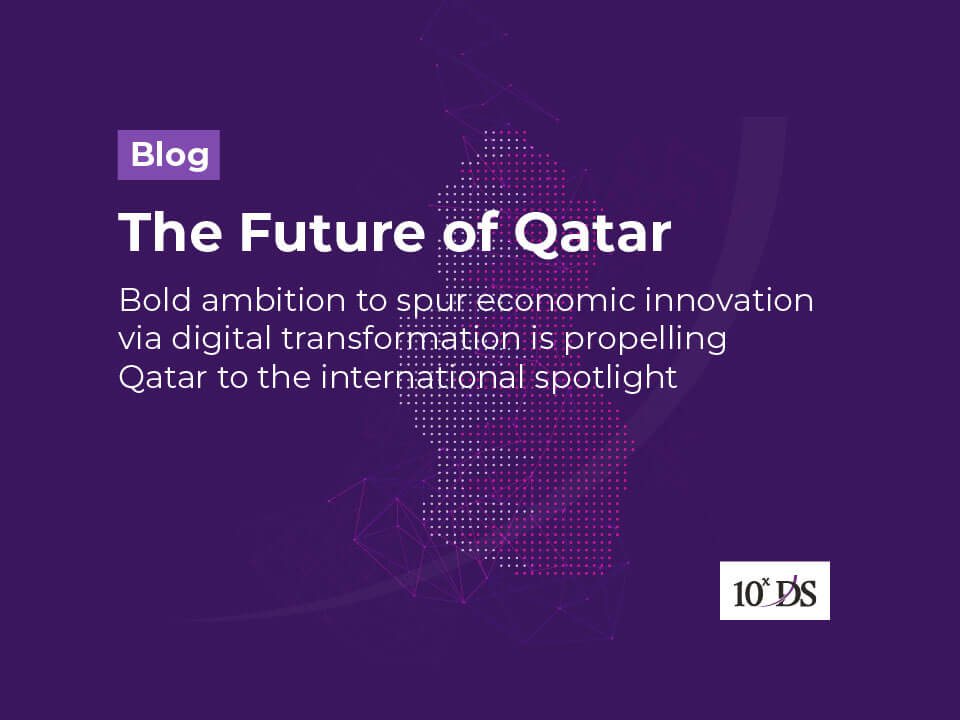
Bridging the Gap: How Fanar is Revolutionizing Arabic Language Representation in AI
The world of artificial intelligence (AI) is on the cusp of a revolution, and Qatar is at the forefront of this transformation. The recent launch of Fanar, a cutting-edge Arabic language model, is set to bridge the gap in generative AI capabilities between Arabic and English languages.
“Fanar will transform GenAI-generated Arabic content in terms of accuracy and nuanced understanding, significantly enhancing translation, media, and academic research capabilities,” said HE the Minister of Communications and Information Technology Mohamed bin Ali al-Mannai.
 Fanar, the Arabic language model, is poised to revolutionize the AI landscape
Fanar, the Arabic language model, is poised to revolutionize the AI landscape
Fanar, the result of a strategic collaboration between the Ministry of Communications and Information Technology, the Qatar Computing Research Institute (QCRI) at Hamad Bin Khalifa University (HBKU), and other partners, is designed to understand the complex nuances of the Arabic language. With a vast and precise Arabic content dataset of at least 300 billion words, Fanar is equipped to produce highly accurate texts that are culturally resonant and tailored to the needs of Arabic speakers.
The implications of Fanar are far-reaching, with the potential to enrich digital experiences for institutions and Arabic speakers alike. By providing balanced perspectives and safeguarding Arab culture from any adverse effects, Fanar is poised to drive innovation in the field of AI and advance scientific cooperation in the Arab world.
 Qatar’s commitment to digital transformation is driving innovation in the Arab world
Qatar’s commitment to digital transformation is driving innovation in the Arab world
In a region where there exists a considerable gap in generative AI capabilities between Arabic and English languages, Fanar is a beacon of hope. By bridging this disparity, Fanar will offer a comprehensive set of services, including translation, summarization, and creative writing, empowering companies and institutions to effectively engage their Arabic-speaking audience.
As Dr. Ahmad M Hasnah, HBKU president, noted, “This initiative demonstrates that HBKU employs a proactive approach towards building an inclusive research and education ecosystem in Qatar that safeguards its cultural values.”
 HBKU’s commitment to AI research and technology is driving innovation in Qatar
HBKU’s commitment to AI research and technology is driving innovation in Qatar
With Fanar, Arab users will soon be able to access accurate, cutting-edge content that surpasses current challenges in generative AI applications. Innovative solutions will enrich their online experience, providing enhanced access to knowledge and advanced content in an innovative, high-quality manner.
The future of AI is bright, and Fanar is leading the way. As Ahmed K Elmagarmid, QCRI executive director, said, “Our collaboration with MCIT will see the curation of Arabic-language data that encapsulates the Qatari people’s shared heritage and traditions combined with an innovative application of LLM technology.”
 Fanar’s capabilities extend to assisting students, researchers, and the public
Fanar’s capabilities extend to assisting students, researchers, and the public
Fanar’s capabilities extend far beyond generating high-quality Arabic text. It will facilitate the development of Arabic chatbots and virtual assistants for companies and institutions of all sizes, ensuring culturally appropriate responses. By enhancing the Arabic user experience through accurate and culturally appropriate responses, Fanar drives broader technology integration into the daily lives and business activities of Arabic speakers.
The launch of Fanar marks a significant milestone in the development of Arabic language models, and Qatar is proud to be at the forefront of this revolution. As the world of AI continues to evolve, one thing is certain – Fanar is poised to transform the landscape of Arabic language representation in AI.















